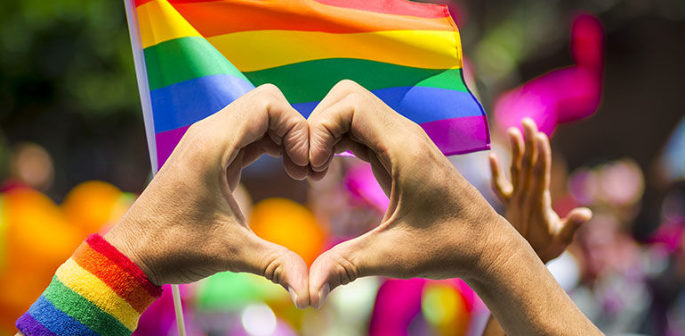"the Petitioners cannot claim a fundamental right"
The Centre has opposed pleas for the recognition of same-sex marriage under the Special Marriage Act (SMA).
The Centre said there is a “larger legislative framework” that recognises marriage as being between a man and a woman.
This is according to the affidavit filed in the Delhi High Court by the Centre.
The Centre went on to say that “personal laws recognise only heteronormative marriages”, and interference in this would “cause havoc”.
It stated that marriage is both a private concept and a socially-recognised institution with its own public significance.
The Centre’s response follows four additional LGBT community members urging the Delhi HC to declare the solemnisation of marriages between any two people under the SMA.
Their plea came on Thursday, February 25, 2021.
According to the Centre’s affidavit, it said:
“Despite the decriminalisation of Section 377 of the Indian Penal Code (IPC), the Petitioners cannot claim a fundamental right for same-sex marriage.”
Also speaking of the IPC, the Centre continued to say that the decriminalisation of Section 377 “applies to aspects which would be covered within the personal private domain of individuals [akin to the right of privacy] and cannot include the public right in the nature of recognition of same-sex marriage and thereby legitimising a particular human conduct”.
The latest petition made by the LGBT community is in addition to three pleas already before the Delhi High Court.
Each seeks recognition of same-sex marriages under the SMA, Hindu Marriage Act (HMA) and Foreign Marriage Act (FMA).
The latest plea and the Centre’s response
The most recent plea also refers to the SMA’s provisions that require a male and female for marriage solemnisation.
The plea urges the Delhi HC to deem them unconstitutional unless they are read as “neutral to gender identity and sexual orientation”.
In response to a similar petition filed, the Delhi government has said there is no provision in the SMA under which two women can be married.
Therefore, according to the PTI, it would be willing to abide by the court’s direction.
The petitioners have urged the court to declare that the SMA applies to any two people, irrespective of sex, wishing to marry by reading down any gender or sexuality-based restriction contained in the Act.
In the Centre’s reply, it said:
“By and large the institution of marriage has a sanctity attached to it and in major parts of the country, it is regarded as a sacrament.
“In our country, despite statutory recognition of the relationship of marriage between a biological man and a biological woman, marriage necessarily depends upon age-old customs, rituals, practice, cultural ethos and societal values.”
The Centre’s opposition to same-sex marriage comes from the idea that marriage is a public concept recognised both nationally and internationally.
Therefore, despite a marriage being between two private individuals, it is not a private individual concept.






























































